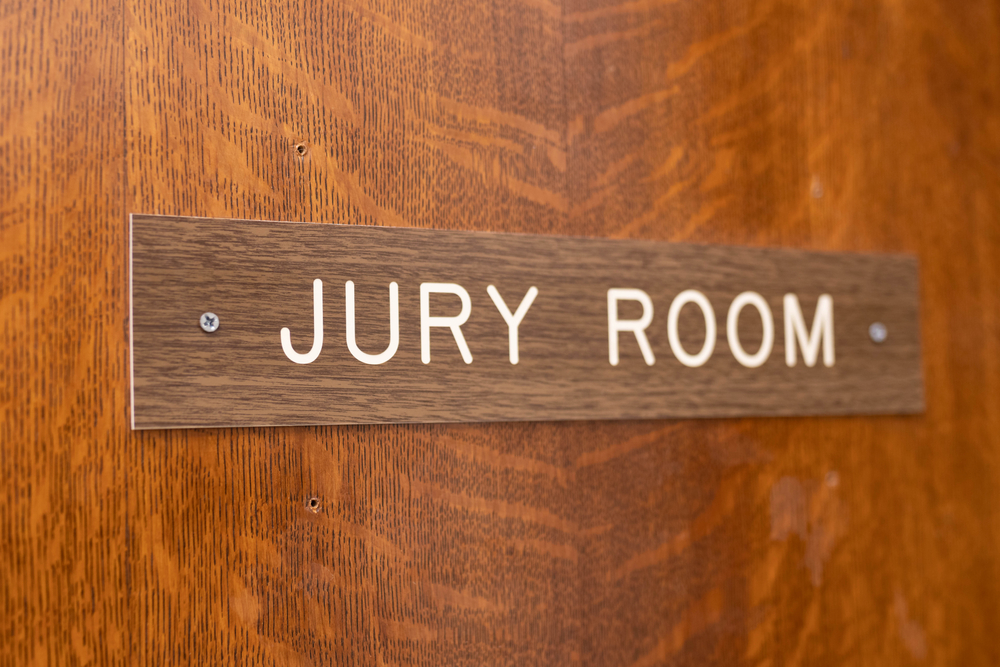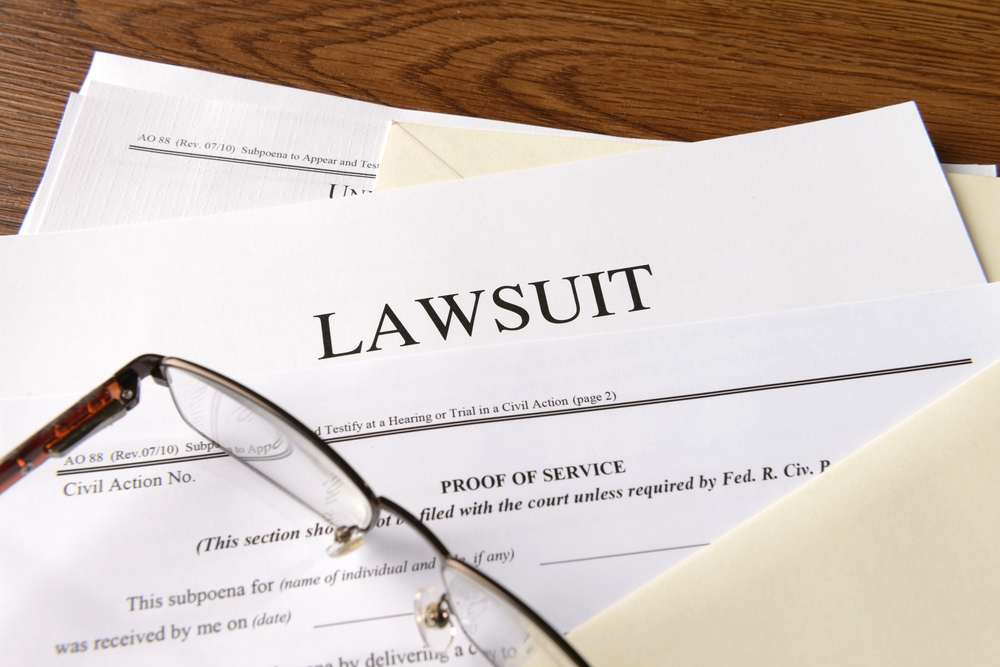Waiver is a Voluntary Relinquishment of a Known Right that Must be Proven with a Clear Showing
The affirmative defense of waiver is a commonly pled affirmative defense. A recent Florida appellate opinion, Smith v. Carlton, 2022 WL 4390651 (Fla. 5th DCA 2022), discusses waiver and its application under Florida law. The case focuses on an implied waiver, which is the most common form of a waiver defense or argument since it is premised on a party's conduct and actions. (An express waiver is easy because there is an expressed intent to waive the requirement.) This case dealt with the sale of a horse farm. Prior to closing, the Buyers did a walk-through of the property and saw...
Continue reading












